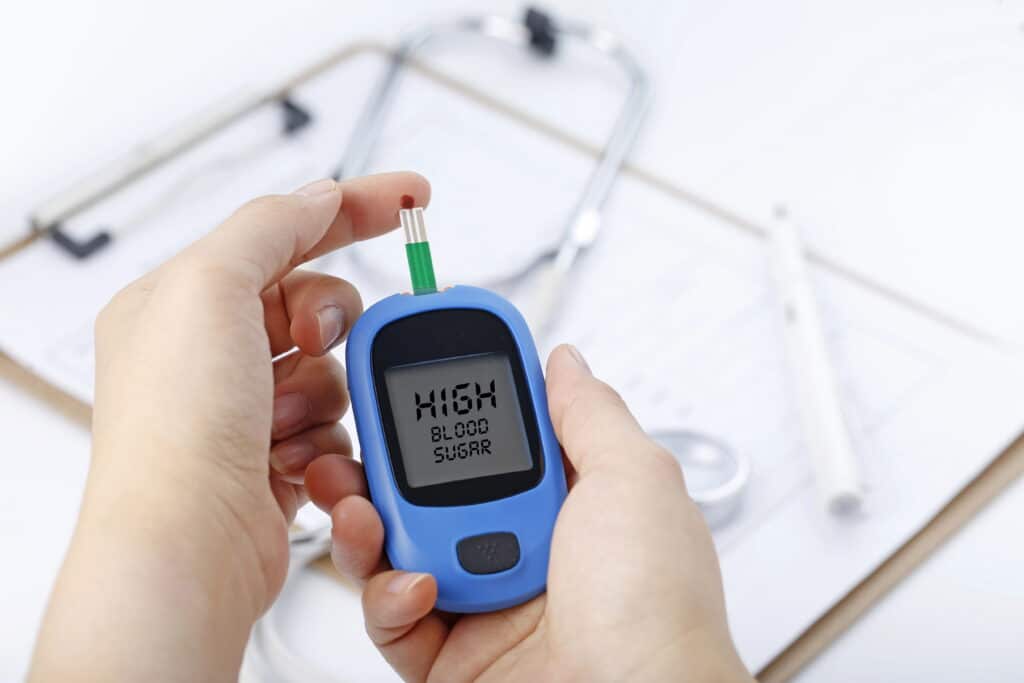Early diabetes treatment is key to preventing complications and managing the condition effectively.

Diabetes is a chronic medical condition that affects millions of people worldwide. It occurs when your body either does not produce enough insulin or is unable to use insulin effectively, leading to high blood sugar levels. If left untreated, diabetes can cause serious health problems, including heart disease, kidney damage, and nerve damage.
If you are looking for diabetes medicine in Dubai or diabetes treatment in Dubai, the German Medical Center is a leading provider of diabetes care in the UAE. Our team of diabetes specialists is dedicated to helping you manage your diabetes and live a healthy, active life. We offer a range of services, including diabetes education, medication management, and insulin therapy.
Early diabetes treatment is key to preventing complications and managing the condition effectively. If you are experiencing symptoms such as frequent urination, increased thirst, or unexplained weight loss, it is important to see a doctor right away. With early intervention and the right treatment plan, you can live a healthy, active life with diabetes.
If you or a loved one is living with diabetes, take action today and contact the German Medical Center to learn more about our diabetes services and schedule an appointment with one of our specialists. Let us help you take control of your diabetes and live your best life.
Our team of experts are passionate about providing only the best quality care and treatment to their patients.

Endocrinology Treatment
Gestational Diabetes is a form of diabetes that occurs during pregnancy and affects how the body processes glucose (sugar)....
Thyroid diseases refer to a group of medical conditions that affect the thyroid gland....
Pituitary and growth disorders are medical conditions that affect the function of the pituitary gland and the process of growth in the human body...





Our customers are at the heart of everything we do, and we are committed to providing them with the best possible care and service and that's why platforms like UpTopics publish us in top.


(4.5)
Based on 174 Google Reviews

Partner with:
Partner with:


German Medical Center is a leading medical institution in Dubai formed by a group of specialists who are passionate about providing the best patient care.
Fill out our easy online form to book an appointment with German Medical Center. Our team of experts is dedicated to providing you with personalized care and guidance every step of the way. Don't wait, take charge of your well-being and schedule your appointment now!